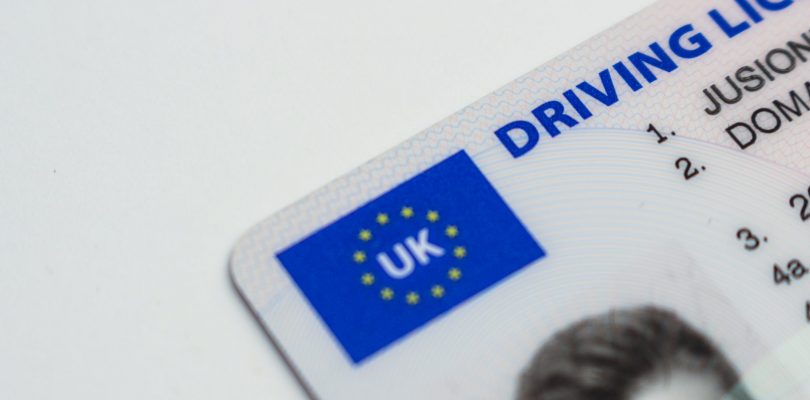This post is designed to cover the basics of GDPR and how the new rules and regulations affect online video technology and will potentially impact the day-to-day activities of our video marketing campaigns. If you are a video marketer that has implemented rich features across your video campaigns such as interactive video, personalized video, in-video lead forms or any other identity tracking systems tied to marketing automation or otherwise, then GDPR directly affects you.
First, a little background on GDPR: The General Data Protection Regulation (GDPR) is European Union legislation that will start being enforced on May 25, 2018.
The regulation’s aim is to strengthen the rights of data subjects within the European Union (EU) and European Economic Area (EEA), specifically, how their personal data is used and how it’s protected. The GDPR is structured around six key principles:
- Transparency on how data will be used and what it will be used for.
- Ensuring that the data collected is used only for the purposes explicitly specified at the time of collection.
- Limiting the data collection to what is necessary to serve the purpose for which it is collected.
- Ensuring the data is accurate.
- Storing the data for only as long as necessary within its intended purpose.
- Prevention against unauthorized use or accidental loss of the data through the deployment of appropriate security measures.
- Organizations must be able to demonstrate how compliance with the principles is being managed and tracked by maintaining records of how and why personal data was collected as well as the documentation of the internal processes to protect it.
Who does GDPR apply to?
The GDPR applies to any organization or business inside or outside the EU who is promoting goods or services to, and/or tracking the behaviors of, data subjects within the EU and EEA. If you do business with Europeans or serve them video that involves the processing of their personal data such as interactive in-video forms, surveys and/or is tied to a marketing automation platform, this legislation applies to your organization.
Non-compliance of GDPR can lead to penalties that are pretty significant with the maximum fine of €20 million or 4% of annual worldwide turnover, whichever is greater. So making sure to stay within compliance is essential.
Implication on video marketers
The GDPR simply put is to respect the rights of viewers and go on to earn their trust without overstepping boundaries. How you address higher expectations around the collection, use, and security of personal data that you routinely use to effectively market with video is key to meeting those expectations.
Two key areas video marketers need to review are:
- Practices around in-video lead generation such as lead forms, surveys, and anonymous viewer tracking — how you get the consent from the individual to process their personal data.
- The second area is accountability and being able to demonstrate how you comply with the principles of the GDPR.
So, what’s the GDPR definition of consent?
Consent under GDPR is: “any freely given, specific, informed and unambiguous indication of the data subject’s wishes by which he or she, by a statement or by a clear affirmative action, signifies agreement to the processing of personal data relating to him or her”.
This dual need for an ‘affirmative action’ that captures consent which also must be ‘specific’
in how the personal data will be used before any processing of the data, represents a significant change for most video marketers in how they record and respect customer preferences. GDPR requires that organizations must make it easy for data subjects (customers) to make any changes in preference or withdraw consent altogether.
After reading this article we suggest that you ask yourself the following questions:
- Does our online video platform capture or track personal contact information?
- Does our online video platform integrate with marketing automation and CRM platforms?
- Do our videos have interactive in-video forms collecting contact data?
- Are we tracking specific contacts watching videos and sharing that information with sales?
If the answer is yes to any of the above questions then GDPR applies directly to your daily video marketing efforts. Call a team meeting with all the relevant stakeholders and work out a plan and strategy to stay compliant with the new regulation and document its efficacy.

